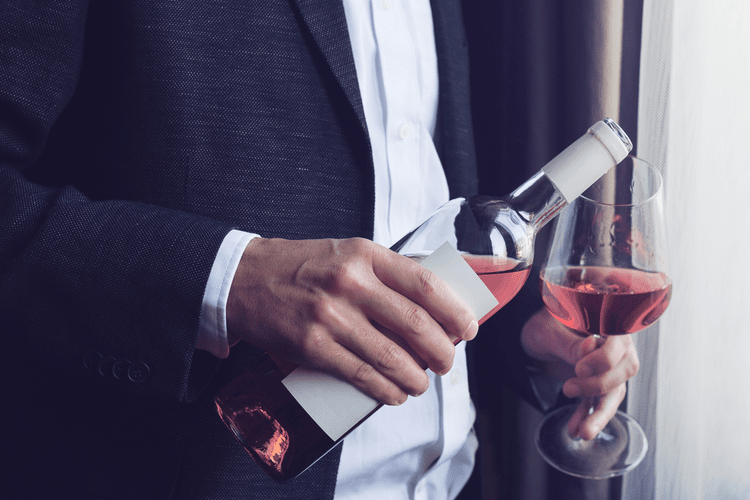A Guide To Breaking the Cycle of Addiction
In their minds, they “know” rehab doesn’t work, but when they don’t know where else to turn, they eventually give rehab another desperate attempt. When they find success in rehab, they realize it wasn’t that rehab didn’t work—it was the initial approach to rehab that hadn’t worked for them. After following their ritual, the addict uses drugs or alcohol to suppress, turn off, or ignore what’s triggering them.
- Addiction can feel like a never-ending spiral, but it doesn’t have to be.
- The person is in control of the substance use, but the amount and frequency of use may increase quickly.
- Knowing how addiction looks is a key step to finding treatment—and recovery.
- If you can’t completely avoid the trigger, for instance, your stressful marriage, consider going for couple’s counseling to resolve the underlying issues.
A Guide To Breaking the Cycle of Addiction
Next, after some unwanted feelings come up, we encounter “triggers” that make us think of our habits. These triggers are sights, sounds, smells, or other sensations that lead to memories of good times and comfort through our practice. Another standard definition of triggers is “people, places, and things” that prompt a craving for the activity or substance. Many individuals who are able to use alcohol occasionally without becoming addicted do not http://www.pozdravleniya.net/angliyskie_s_dnem_rojdeniya/page/9/ move into experimentation after their initial exposure. Support groups, like Narcotics Anonymous, help people with drug addiction issues. The support group message is generally that addiction is an ongoing disorder with a high risk of relapse.
- They will look at you as a person while treating your drug abuse.
- A primary mental health, substance use, and process addiction center offering a continuum of care and holistic healing in the Sonoran Desert for 35 years.
- Rather, there are a variety of ways that family members can break free from this cycle, based on their needs, and begin the path towards healing.
- Just because rehab doesn’t work the first, second, third, or even fourth time doesn’t mean rehab doesn’t work.
Start Getting Better Now

Those who continue to get the support they need are usually the people who manage to avoid relapsing. Even so, it might mean that the individual did not get the right kind of treatment to help them remain in recovery. Every effort should be made to help people get the type of help that will work best for them. Ultimately, Lembke says, this is a universal problem – not one limited to those of us struggling with the disease of addiction – that has come with living in modern life.
How To Break The Intergenerational Cycle Of Substance Abuse
Depending on the individual’s situation, their family members and friends may also need to go http://www.sequencer.ru/forum/2/1636.html for some form of counseling. A person may try an addictive substance for several reasons, including peer pressure, boredom, curiosity, stress, or performance enhancement. It could also be a prescription for a mental health issue or pain. The initial use of a substance is often not enough to trigger addiction, but other risk factors like depression, trauma, abuse, and genetics may play a role in addiction. However, when it becomes a full-blown addiction, the experience feels like enslavement. At that point, consistently and chronically consuming an addictive substance is no longer a choice governed by willpower.
Whether it’s a loving family member or the addict themselves, many people try to break the cycle of addiction by starting from a place of knowing. While it’s important to be certain about some things, you also have to be willing to admit what you don’t know when you’re trying to break the cycle of addiction. It depends on the individual, but some people feel guilt immediately after drinking or using.
- Recovery is possible with the right combination of support, professional help, coping strategies, and, above all, commitment.
- Mindfulness practices, self-care, and new hobbies or activities can help maintain sobriety.
- Addiction rarely occurs immediately after the initial use of a substance.
Prolonged exposure to stress or chronic stress can alter brain function and lead to depressive symptoms like sadness or https://languageandmemory.net/explore-the-limits-of-science-fiction-with-these-futuristic-prompts/ fatigue 2. A person suffering from PTSD following a traumatic event may begin using opioids to block out emotional distress. When they attempt to stop, withdrawal symptoms, along with unresolved PTSD, create an unbearable emotional burden, pushing them back into substance use. The helpline at AddictionResource.net is available 24/7 to discuss the treatment needs of yourself or a loved one.

It can affect various aspects of life, including relationships, careers, and self-esteem. Getting help for a problem can begin with first talking to a doctor. Or, it can begin with contacting a treatment center or treatment provider directly for information about rehab. Moreover, if you’re unsure whether you have a problem—but suspect you might—consider talking to your doctor or finding a substance abuse professional to speak to. This leads to the third stage, surrendering to the urge, which those in recovery call “acting out.” Sometimes this can be quick, as with smoking cocaine. Sometimes it can be a long, drawn-out process, like porn users who spend hours looking for the perfect image.
